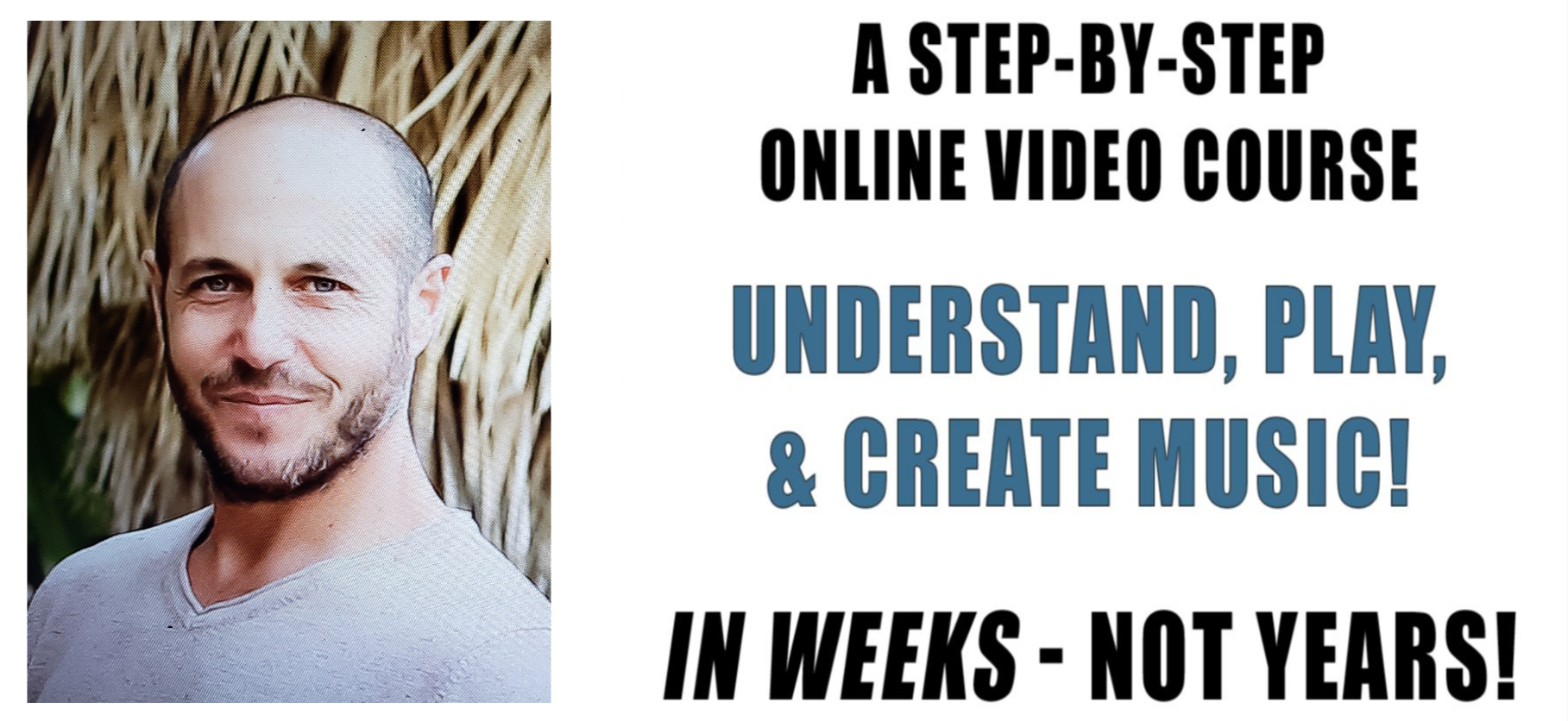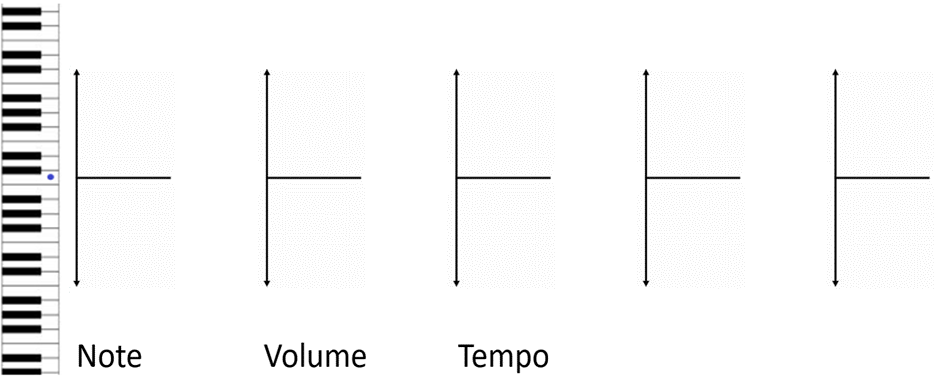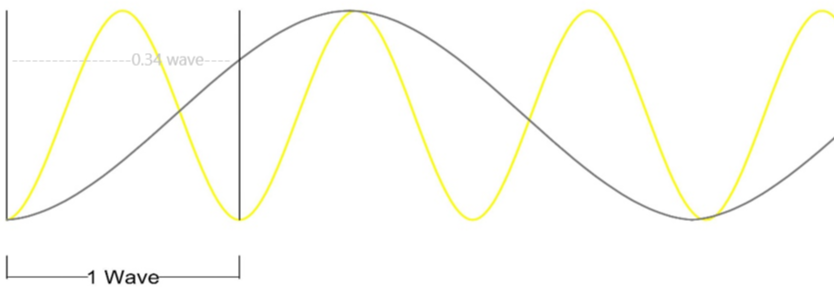The Basic Principles of Sound and Mixtures/Intervals:
How to vary music elements such as notes, volume, and tempo is easy and intuitive. However, many musical elements involve multiple notes mixing. Each Mixture, known as an Interval in music, can evoke a different feeling, mood, or emotion. To understand how and why, we must learn some Basic Sound Principles.
This module provides a brief but solid introduction to sound, sound waves, frequencies, and octaves. Additionally, you will discover that there are 13 different Mixtures/Intervals, which serve as the building blocks for every music element that has notes mixing, such as scales, melodies, and harmony sections.
After this section, you'll understand how and why each Mixture/Interval can evoke different feelings, moods, or emotions. Additionally, you will learn how to create the 13 Mixtures/Intervals anywhere on the piano.





